Advertisement
Many different types, many different treatments
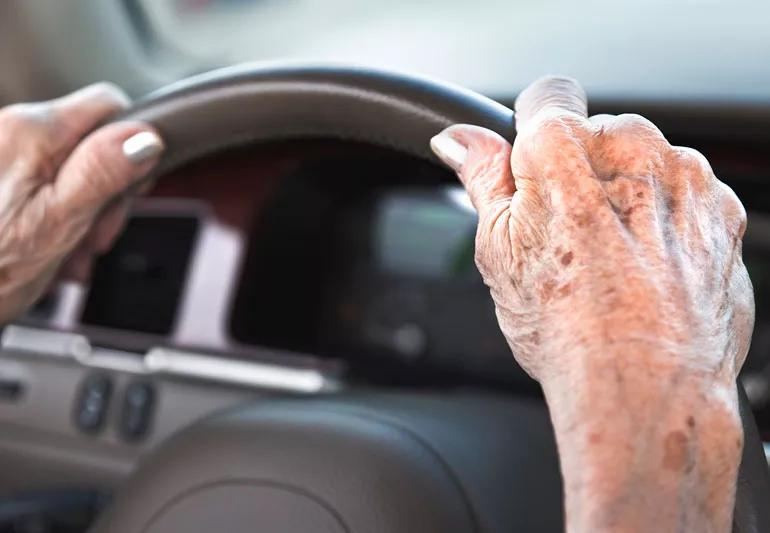
The term arthritis refers to inflammation in the body’s joints, such as the knees, wrists, ankles and hips. But arthritis isn’t just one thing.
Advertisement
Cleveland Clinic is a non-profit academic medical center. Advertising on our site helps support our mission. We do not endorse non-Cleveland Clinic products or services. Policy
It’s actually an umbrella term for more than 100 conditions that cause pain, stiffness or swelling in the joints. Different types of arthritis have different symptoms and treatments.
Rheumatologist Adam Brown, MD, fields common questions and misconceptions about arthritis.
A: There are multiple types of arthritis. By far, the most common is what we call wear-and-tear arthritis, or osteoarthritis. If you’re old enough, you probably have some degree of osteoarthritis somewhere in your body — at the base of your thumbs, the tips of your fingers, your hips or your knees.
Then, there’s a much rarer category, which is autoimmune or inflammatory arthritis, where the immune system actually attacks your joints.
The immune system is normally built to fight off bacteria and viruses trying to cause infections, but for reasons that aren’t very clear, sometimes it gets confused and attacks your joints.
That’s when you get red, swollen, painful joints, like what you see in rheumatoid arthritis or psoriatic arthritis.
Then there’s another category called crystalline arthritis. The most common version of that is gout. Gout has been around for a long time and most commonly affects the big toe. People wake up and have a severely swollen and painful toe. Then it just spontaneously goes away in the majority of cases.
Advertisement
A: Osteoarthritis primarily affects the joints, but autoimmune conditions like rheumatoid arthritis, psoriatic arthritis, lupus, are multi-systemic. That means they involve not just the joints but many parts of your body. For example, lupus can involve the lungs and the kidneys.
A: For reasons that aren’t very clear, women have a higher tendency to develop autoimmune diseases such as lupus and rheumatoid arthritis. In contrast, crystalline disease like gout seems to be a little bit more common in males.
A: The longer you live, the more wear and tear your joints are going to have. So the majority of people have some degree of osteoarthritis the older they get. But autoimmune conditions can happen at any age. You can have young children with types of inflammatory autoimmune conditions that cause arthritis.
A: Weather can absolutely make a difference on different types of arthritis. Patients tell me, for example, that when the temperature goes from 30 degrees to 60 degrees in a day, it can make them ache.
But once the weather is stabilized, the joint aches a little bit less. It’s probably pressure related — the pressure in the atmosphere that changes with weather can affect the pressure in your joints.
A: There looks to be some genetic component to it, but just because your mom and dad had osteoarthritis does not mean you’re going to get it.
Advertisement
A: For osteoarthritis, we have lots of things that can hopefully help keep you moving and living as normal of a life as possible, starting with physical therapy, over-the-counter medications or creams, prescription medications and cortisone injections.
Some people end up having surgery to replace the painful joint. That’s “curative” because you get rid of the joint and put hardware in there to take the place of the joint.
Autoimmune arthritis is a very different approach than osteoarthritis because the problem is that the immune system is overactive. It’s attacking various parts of your body — in particular, your joints. But we have medications that can make a profound difference in people’s lives, and hopefully with minimal side effects.
One of the goals of therapy is to suppress or lessen the immune system, which sounds scary, but we’re doing that because it’s overactive. Using those medications could potentially mean you get an infection like a cold or pneumonia or urinary tract infection, but most people live a normal life and do well without major infections.
In contrast to that, we have crystalline disease like gout, which is a condition where your blood level of uric acid is elevated. There are ways to control the uric acid which include eating less meat and drinking less alcohol, and there’s a whole laundry list of other things to avoid if you have severe gout. There are also a handful of medications aimed at reducing uric acid.
A: Warmth brings about inflammation. If you put a hot pack on your hand, it’s gets a little bit red, right? That’s usually inflammatory cells coming to the surface. It makes sense to use cold to decrease inflammation, but in reality, I’ve had patients swear by putting something warm on their joints and having them feel better. The answer is, do what makes it feel better.
Learn more about our editorial process.
Advertisement

Exercising can actually improve arthritis symptoms — and low-impact exercises are best

Over-the-counter pain medications, typing pads and wrist braces can help when you’re in a wrist pinch
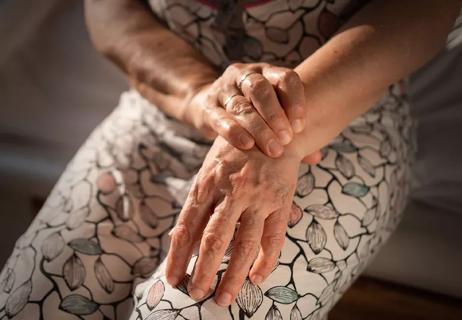
Simple exercises like tendon glides and finger lifts can have a big impact

Some creakiness is typical after rest, but longer-lasting stiffness may be other issues

Research is inconclusive, so don’t stop eating tomatoes, potatoes and peppers just yet
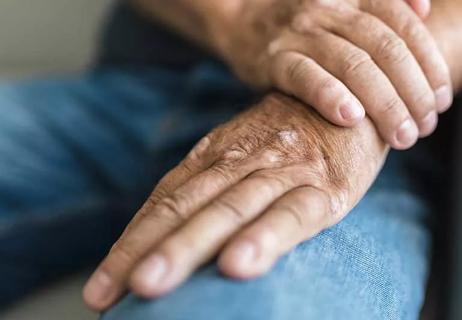
Focus on sleep, limit alcohol and reduce your stress and anxiety to help lessen symptoms
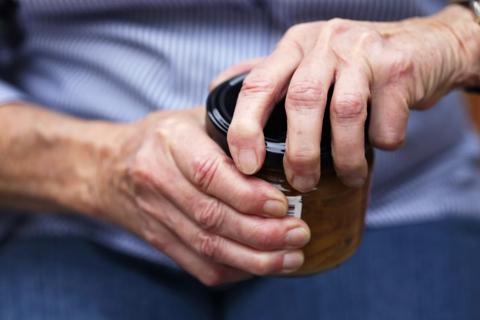
From heating pads and ice to exercises and splints, find the relief that works for you
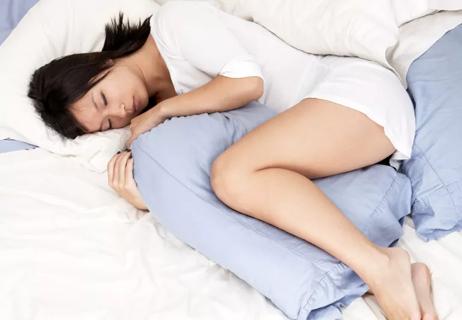
Managing the chronic pain of this autoimmune condition is important

Focus on your body’s metabolic set point by eating healthy foods, making exercise a part of your routine and reducing stress

PFAS chemicals may make life easier — but they aren’t always so easy on the human body

While there’s little risk in trying this hair care treatment, there isn’t much science to back up the claims